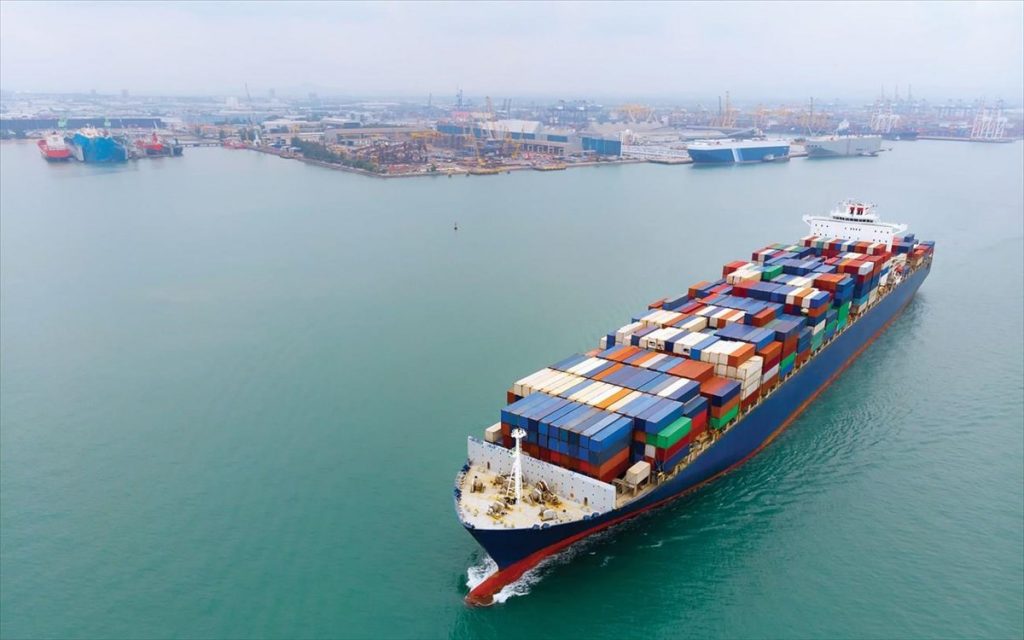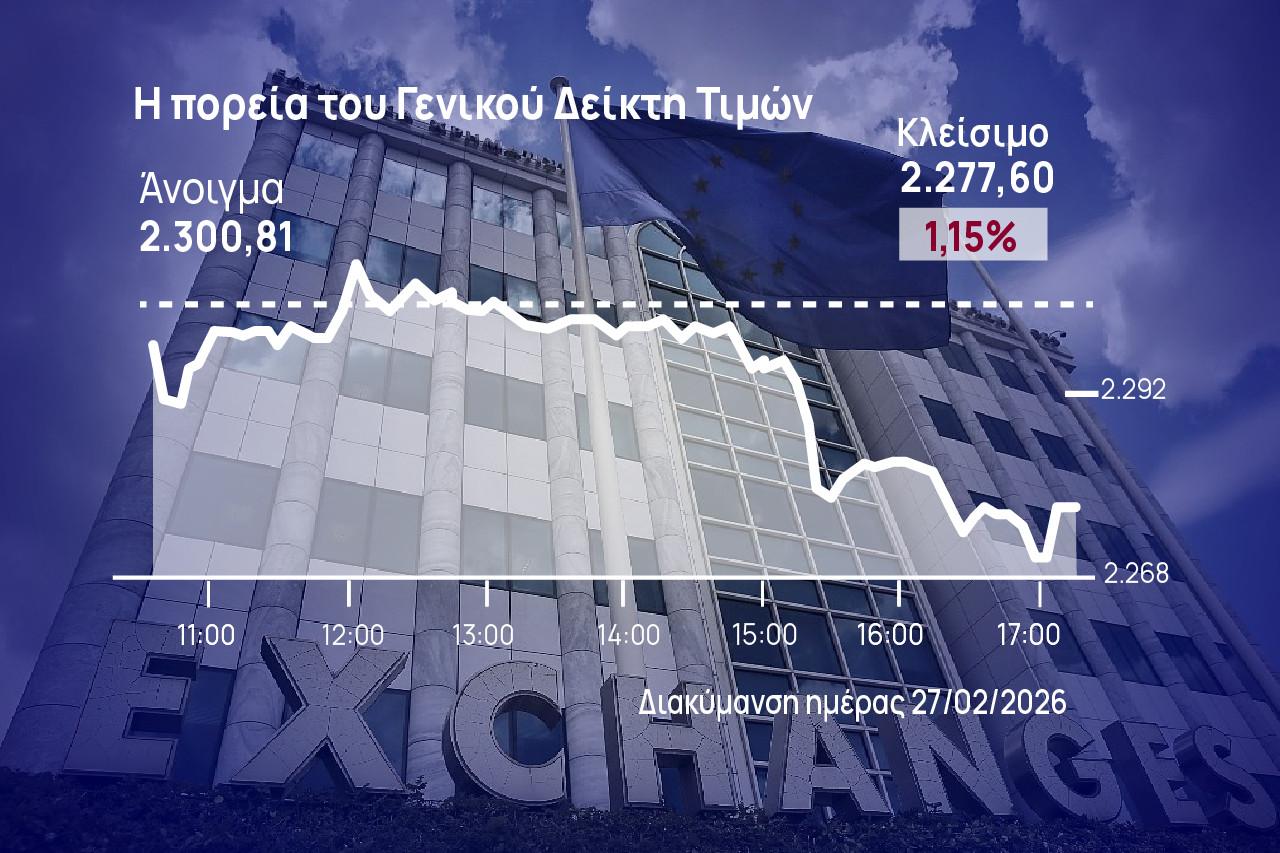Ship Management companies of Piraeus and Athens are put under the microscope by research of the Maritime Chronicles with the scientific contribution of Professor Yiannis Theotokas (Department of Maritime Studies, University of Piraeus).
The survey examines 563 companies operating a fleet of 5,191 vessels (over 1,000 gt).
The analysis does not include passenger shipping companies, whose characteristics are completely different and require a special analysis.
Classes
Based on size, companies are categorized as follows:
•Small companies: Fleet up to five ships
•Medium companies: A fleet of six to fifteen ships
• Large companies: Fleet of sixteen ships or more
The survey
Below are some important findings of the research:
-Distribution of managing companies based on their size: More than half of the companies (57% – 322 companies) are small-sized, a significant percentage (28% – 155 companies) are medium-sized, while large companies reach 86 and constitute the 15% of the total.
-Distribution of the fleet by company size: The 322 small companies make up the majority of the number of companies (57%) and manage a total of 835 ships, a figure that constitutes only 16.1% of the total number of ships in the Piraeus/Athens fleet . The 155 medium-sized companies make up 28% of the total number of companies and manage almost the same percentage of ships, since the 1,440 ships that make up their fleet make up 27.7% of the total number of ships. The 86 large companies, although 15% of the total number, operate 2,916 vessels, which constitute 56.2% of the total fleet.
-Distribution of companies based on ship: Three out of four companies (75%) manage fleets with one type of ship, either purely bulk carriers or purely tankers. Bulk carriers are exclusively managed by 289 companies (51%), while tankers are exclusively managed by 137 companies (24%). The percentage of companies that exclusively manage containerships or LPG tankers is clearly smaller. Ten companies exclusively manage containerships, eight companies exclusively LNG carriers and seven companies exclusively LPG carriers. At the same time, a significant part of the companies (15% – 83 companies) manage diversified fleets and therefore operate in multiple markets. It is noted that 29 companies exclusively manage ships of another type.
-Geographic distribution of companies: 222 out of 563 companies (39%) are companies that operate from the country’s major port, an element that demonstrates its leading role for the activities of shipping companies in the wider region. In assessing the influence of Piraeus, one should take into account that the largest percentage of companies that are also characterized as “para-maritime”, which provide their services and support shipping companies, are also established in Piraeus. The second largest group consists of 130 (23%) businesses operating in the Southern Suburbs. In the Kifissia Axis and the Northern Suburbs there are a total of 124 companies (22% of the total), while in the Syngrou Axis and the Center of Athens there are a total of 67 companies (12% of the total).
-Distribution of the fleet by type of ship: The total fleet of 563 companies numbers 5,191 commercial ships – larger than 1,000 gt and excluding those of passenger shipping – with a cumulative tonnage exceeding 441 million dwt. The bulk of the fleet from bulk carriers (2,589 vessels – 50% of the fleet) and tankers (1,670 vessels – 32% of the fleet). Also, 9% of the fleet consists of containerships, while the remaining 9% of tankers and other types of ships.
– Companies of 50+ ships: There are 16 companies in Piraeus/Athens that manage at least 50 ships each. Collectively, these companies manage a fleet of 1,103 vessels, with a total tonnage of 125.1 million dwt. Consequently, these 16 companies manage 21.2% of the Piraeus/Athens fleet in terms of number of ships (1,103 out of 5,191 ships) and 28.4% in terms of tonnage (125.1 million dwt out of 441.1 million dwt).








































